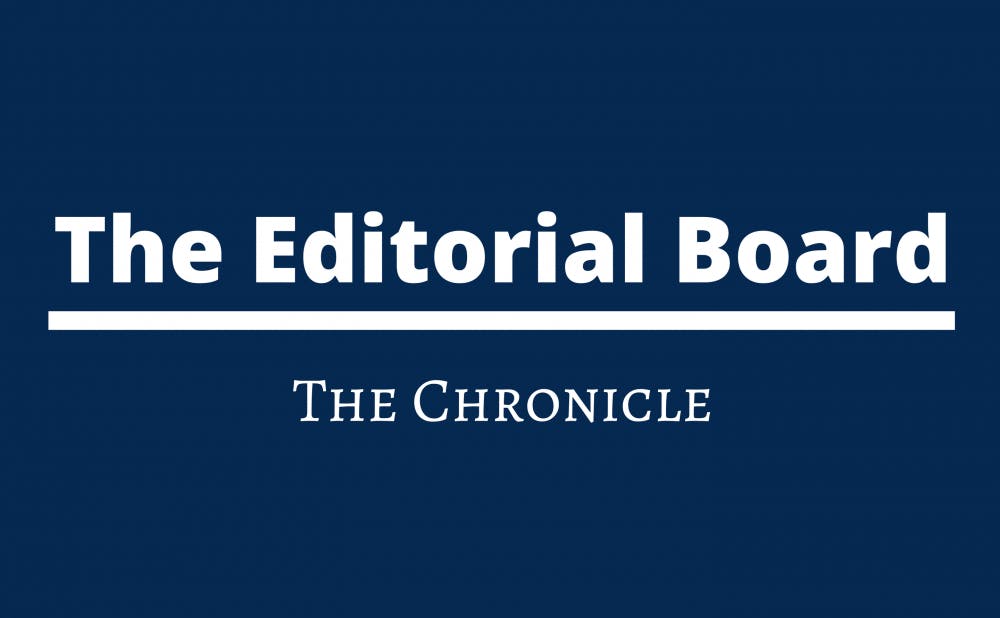This past Tuesday, two gubernatorial elections and a special election for a state legislature has shifted the balance of political power within the country towards the Democratic Party. In Virginia, Ralph S. Northam decisively defeated his Republican opponent in a tense race for the governor’s mansion in Richmond. Up north, Philip D. Murphy reclaimed the governorship of New Jersey for the Democrats, defeating Kim Guadagno who had been hand-picked by Republican governor Chris Christie as the GOP nominee. Moreover, out west in the suburbs of Seattle, a special election for a state senate seat has resulted in a solid “blue wall” of Democrat dominance stretching from Olympia, Washington to Sacramento, California.
For left-leaning Americans recovering from the shock of 2016, news of these electoral triumphs at the state level represent glimmers of hope for change in the current Trump era. In the aftermath of the 2016 presidential election, a general attitude of malaise has dominated political discourse among college educated, liberal Americans all across the country. For many Americans, it seems that with President Trump in the White House spewing incoherent, regressive policies via his twitter account, we are inevitably doomed for the next three and a half years until 2020. Such a defeatist mentality, however, neglects to consider the effectiveness of more local elections in affecting political change. As the nation gears up towards 2020, it is extremely important that we as voters remain acutely aware of the many opportunities to affect change through the various state and local elections happening around us.
At the state level, for instance, many elected officials and politicians are actively resisting the conservative agenda of the GOP majority in Washington. Among the leaders of the “blue wall” Democratic leadership on the West Coast, there have been discussions of enacting joint initiatives on a number of pressing environmental issues such as carbon pricing. Such active, state-level collaboration on the part of state leaders undoubtedly flies in the face of the current federal landscape and represents an opportunity to continue work on pressing social issues currently stymied at the federal level. As college-age voters within a decisive swing state, our votes undoubtedly still have the ability to affect change beyond the quadrennial presidential election.
Moreover, as Duke students, civic education represents a key facet of our academic exploration here in Durham. The University’s mission statement emphasizes the “development as adults committed to high ethical standards and full participation as leaders in their communities” that a Duke education dedicated to “knowledge in the service of society” prepares students for. For thousands of students on-campus who do not actively fulfill their civic duty as voters in local elections, they do an academic disservice by not accurately living by the values of a Duke education. Beyond just participating in international service programs through DukeEngage or conducting groundbreaking research into cancer treatment, being a civic leader also comes with the less glamorous, but equally important role of participating fully in various local, state and national elections.
At Duke, general malaise directed towards a seemingly incomprehensible presidency can make political discussion and participation unpopular among the student body. However, political participation now is just as important, and perhaps even more decisive, in affecting the change we as voters want despite the seemingly inconsequential nature of local elections. Change comes gradually, and although 2020 is still three and a half years away, we should continue to exercise our decisive civic roles within the electoral process.
Get The Chronicle straight to your inbox
Signup for our weekly newsletter. Cancel at any time.

